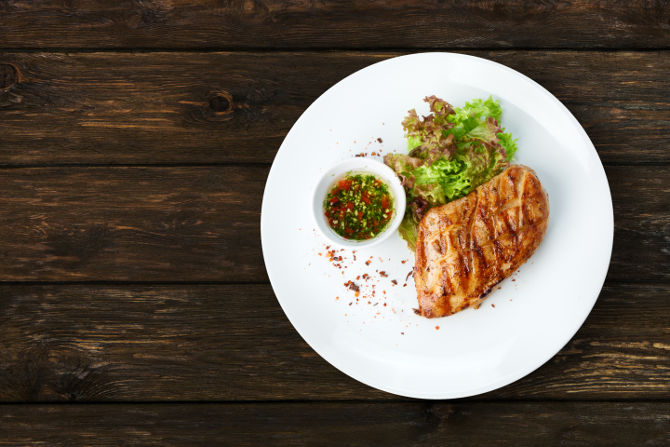Thirty national restaurant chains have opened sites in Manchester in the past four years. There are now 140 eateries within the northern city, according the real estate advisors Savills.

Keeping track of the catering influx since the firm hosted the British Council of Shopping Centres (BCSC) conference in 2011 – one of Britain’s biggest gatherings of retail property professionals – Savills claims that of Manchester’s eateries 22 per cent are new entrants to the sector, including Hawksmoor, Burger & Lobster and Iberica.
“There is no doubt that Manchester loves to eat out and big brands such as Cote and Handmade Burger Co have been keen to take a bite of the market,” explained John Agnew, retail director at Savills.
“Around one third of all new retail and leisure entrants in the city over the last four years have been restaurant brands, many of which did not have a presence outside of London the last time we hosted BCSC”
Agnew claimed that Deansgate, Corn Exchange, Spinningfields and King Street are among the most attractive locations for major restaurant operators, while independents continue to favour the northern quarter of Manchester.
“Improvements to other city centre zones such as Peter Street, Oxford Road and Piccadilly Gardens have resulted in some players taking multiple units in the city centre, such as Byron which now has restaurants in Deansgate, Piccadilly Gardens and Corn Exchange,” he added.
When completed later this year, the redeveloped Corn Exchange will be home to a boutique hotel and an extra 13 restaurant brands, eight of which are new to Manchester such as Pho, offering Vietnamese cuisine, and the Mexican chain Wahaca.
The upgrade is one reason, Savills reports, for an increased demand for prime-site restaurant space and the subsequent hike in rents. In the third quarter of 2015 flagship locations had risen to £40 to £50 per square foot, compared to £30 to £40 during the last three months of 2011. For smaller strategic sites, rents in excess of £60 per square foot are now common place.
Tom Whittington is retail research director at Savills. “Manchester’s restaurant offer is becoming increasingly cosmopolitan, with international entrants and street food offers gaining significant traction,” he said.
“We classify around a third of the recent influx of restaurants as aspirational rather than mass market. These changes indicate that the city’s casual diners are developing more sophisticated eating habits and are also willing to increase their spend per transaction.”
Source: Savills Press Release
Previous Post
Bruntwood Commences Work on City House Redevelopment